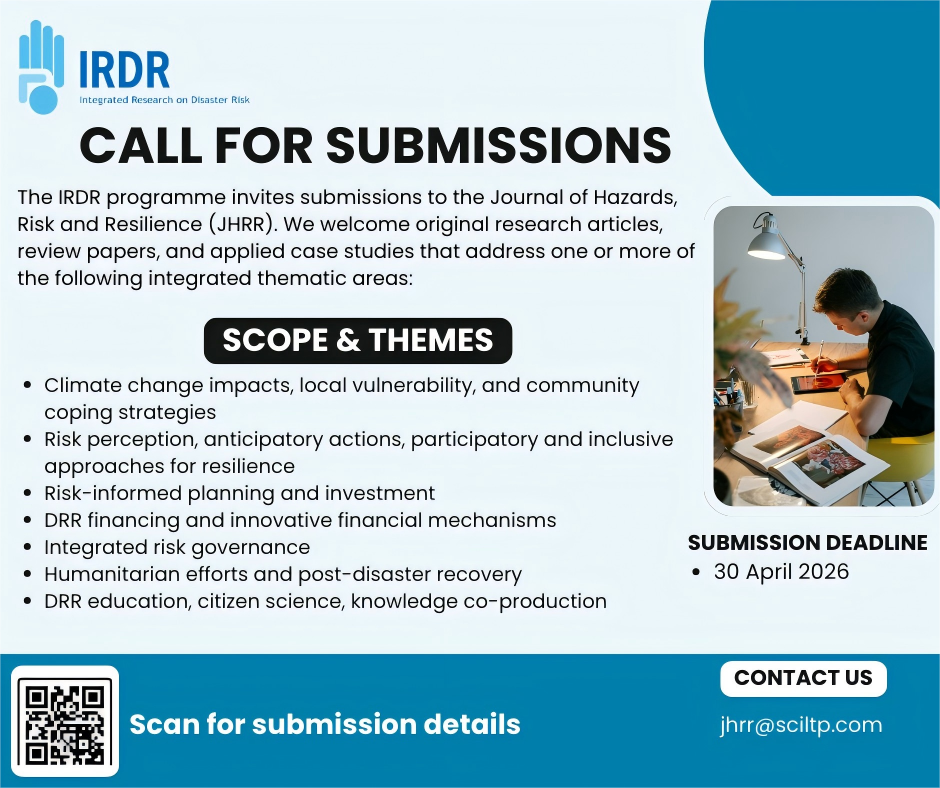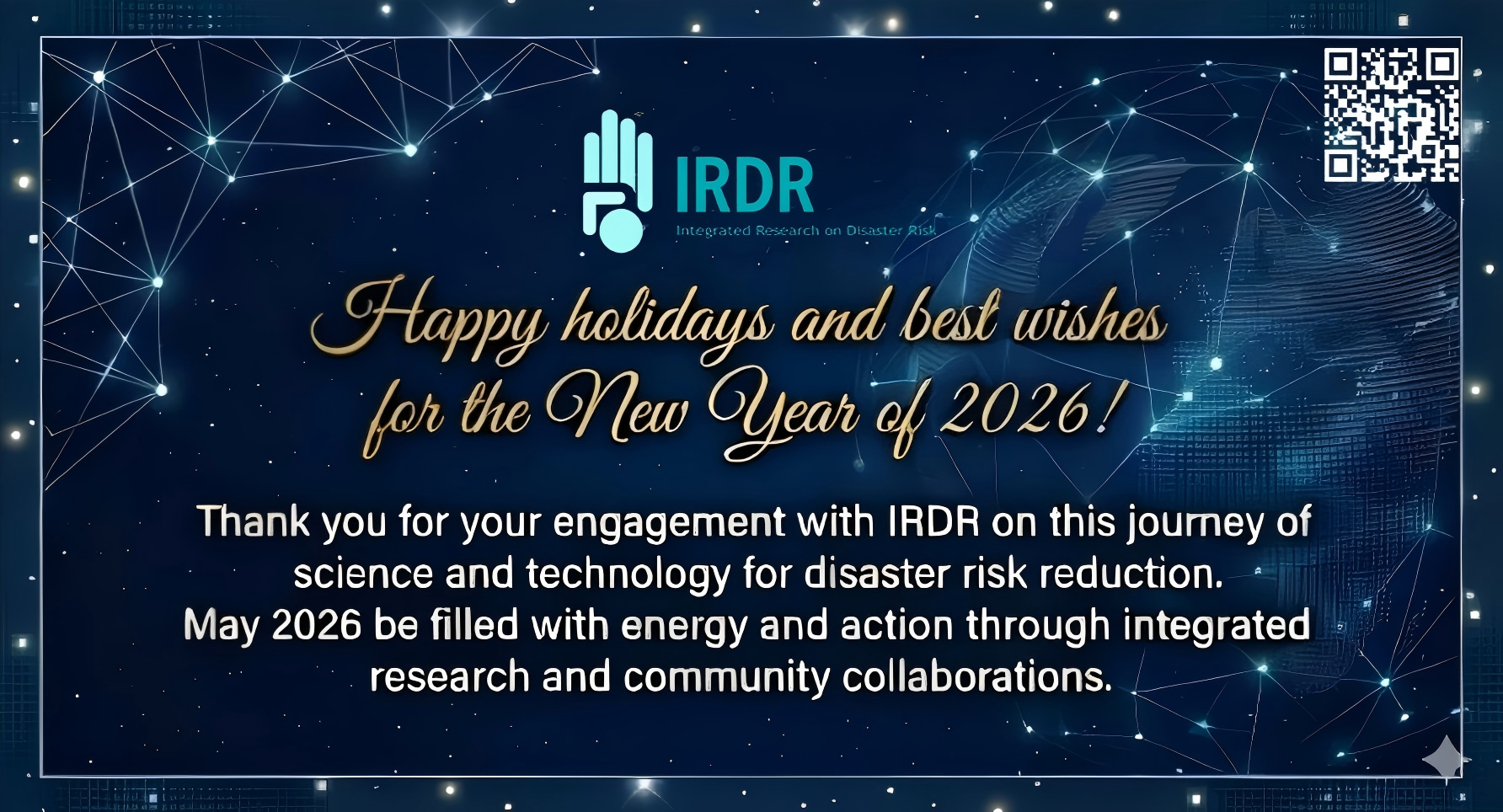The UK Overseas Development Institute (ODI) has produced a new briefing paper, based on a commissioned analysis of management and learning practices in DRR programmes of the global charity World Vision.
“Key findings of the paper are drawn from examining three spheres of change: programming context, organisational context, and external policy and market context. Where programming context is concerned, management systems and sectoral guidance should be ‘risk smart’; a theory of change to establish how resilience will be built and for whom; and sector programmes should be combined to address root causes of vulnerability and the participation of children and young people should be maximised. Findings around organisational context show we should adapt management systems to support resilience outcomes and processes; develop a financial tracking system to measure resilience expenditure; strengthen staff capacity through peer-to-peer learning, institutionalise an early/warning action system at multiple levels of management and capitalise on risk awareness in the aftermath of a disaster. When it comes to policy and market context the paper suggests partnership working for effective advocacy on risk reduction; mobilising resources through project based consortia; strengthening learning through multi agency partnerships and improving quality standards through innovative partnerships,” says the paper.
For a link to the paper, see: http://www.odi.org/sites/odi.org.uk/files/odi-assets/publications-opinion-files/9372.pdf
ODI’s Elisabeth Carradine had been involved in 2014, together with IRDR and UKCDS, in preparing critical documentation on possible models for evidence-based scientific advisory mechanisms for the post-2015 framework for disaster risk reduction and resilience.






